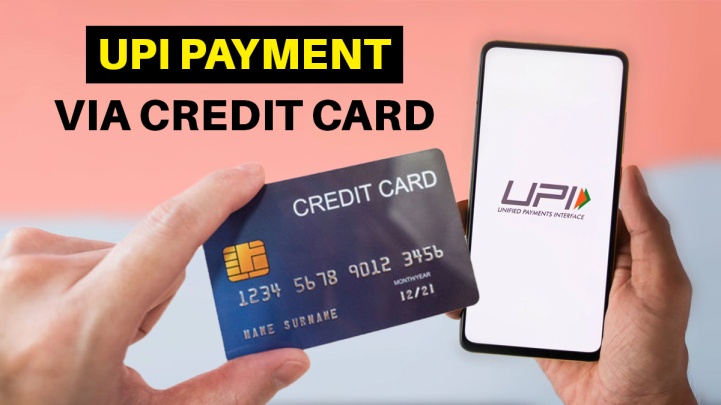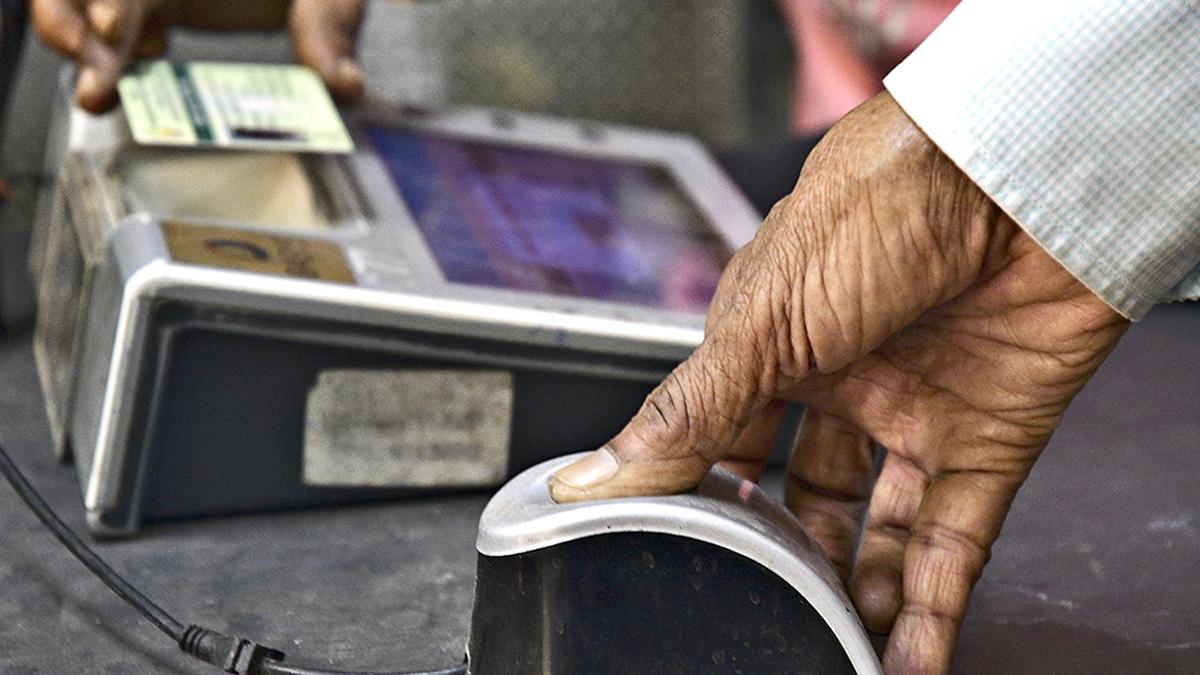





Disclaimer: Copyright infringement not intended.
Context
About
What is the benefit of this provision?
Will a merchant discount rate be applicable for these payments?
|
MDR (Merchant Discount Rate) Merchant Discount Rate (alternatively referred to as the Transaction Discount Rate or TDR) is the sum total of all the charges and taxes that a digital payment entails. For instance, the MDR includes bank charges, which a bank charges customers and merchants for allowing payments to be made digitally. Similarly, MDR also includes the processing charges that a payments aggregator has to pay to online or mobile wallets or indeed to banks for their service. MDR (Merchant Discount Rate) is basically a fee that a merchant is charged by their issuing bank for accepting payments from their customers via credit and debit cards. MDR is a charge paid by merchants to banks, card networks, point-of-sale providers for offline transactions, and payment gateways for online purchase. Currently, UPI payments do not attract merchant discount rates (MDRs), while for debit cards, MDR is capped at 0.9 per cent for transactions, except for RuPay debit card, which attracts zero MDR. In the case of credit cards, there is no cap on MDR. On credit cards, MDR ranges 2-3% of the transaction value. The MDR rates are dependent on the level of business transactions being processed, the types of cards (debit or credit) used by customers, and the value of the average transaction (also known as average tickets or average sales). Typically, the key component of the discount rate is the interchange fees.
Example: If a customer pays Rs. 10,000 via a credit card to a merchant while the MDR is 2%, then the merchant will be charged Rs. 200 to accept this payment. |
MUST READ:
UPI: https://www.iasgyan.in/daily-current-affairs/upi
RuPay: https://www.iasgyan.in/daily-current-affairs/msme-rupay-credit-card
https://epaper.thehindu.com/Home/ShareArticle?OrgId=GAP9UB065.1&imageview=0
Array ( [0] => daily-current-affairs/linking-of-credit-cards-with-the-unified-payments-interface-platform [1] => daily-current-affairs [2] => linking-of-credit-cards-with-the-unified-payments-interface-platform )


© 2025 iasgyan. All right reserved